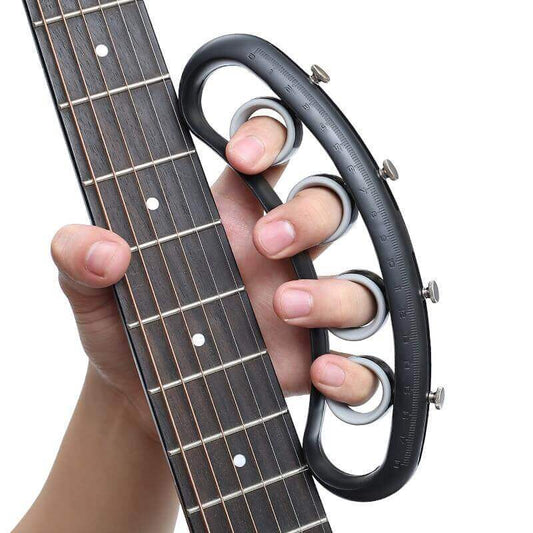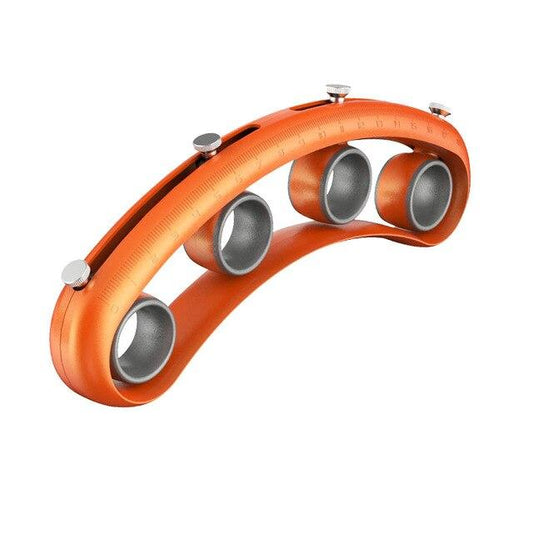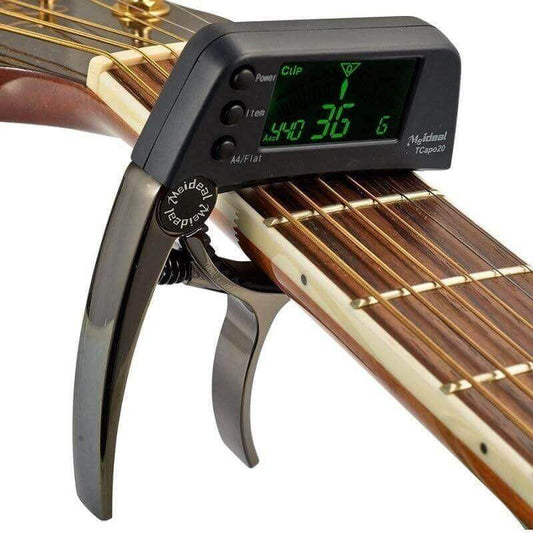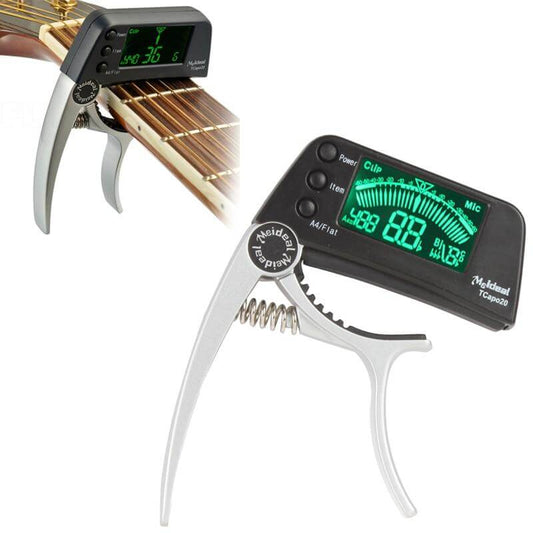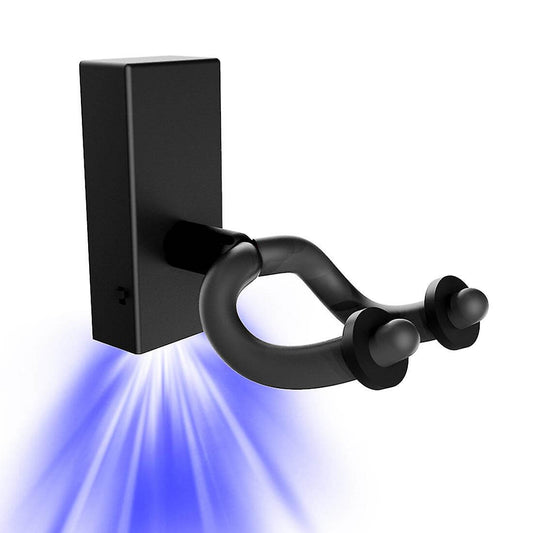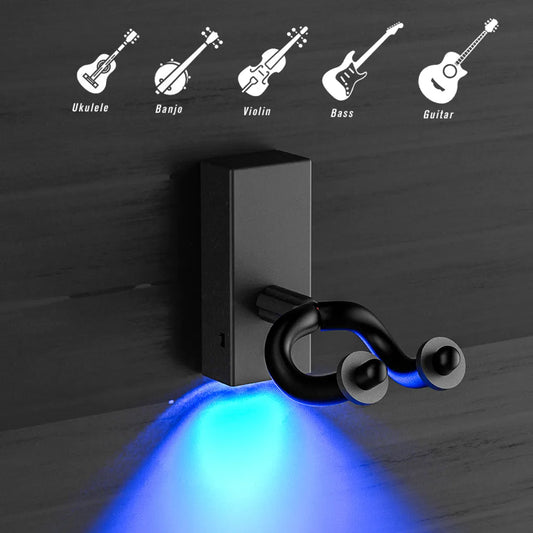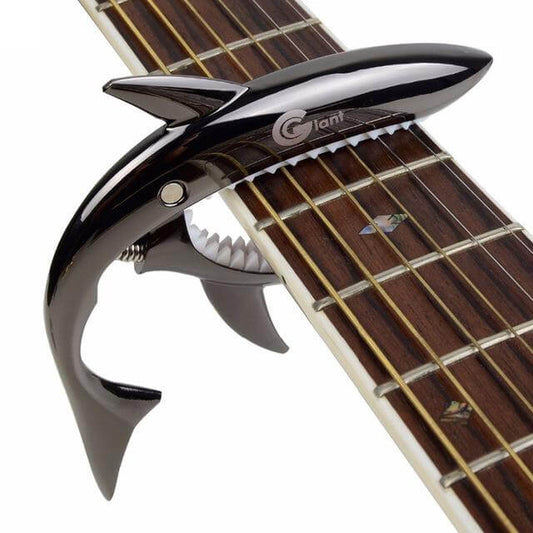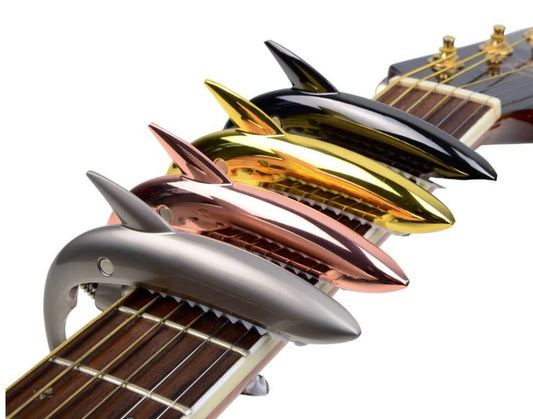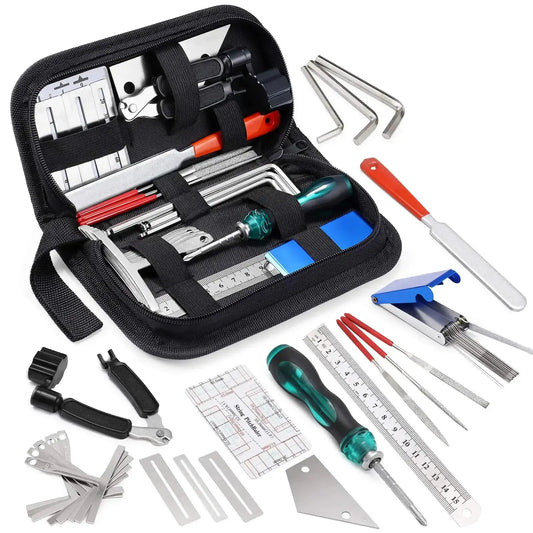The guitar is a versatile instrument found in many music styles, loved by beginners and experienced players alike. Starting out, finding the right guitar can seem overwhelming—it's a significant investment, financially and emotionally, with a wide range of choices. But don't worry! This guide will help you select and maintain a guitar that suits your playing style perfectly, lasting for years without draining your wallet. While you're at it, you can also explore graduation speech ideas by EssayPro that resonate with your achievements.
Finding Your Perfect Match

The world of guitars is vast, offering something for everyone. Let's delve into the most popular types to understand which one resonates with your musical aspirations.
Acoustic Guitars

Acoustic guitars are the unplugged heroes, perfect for singer-songwriters, folk and blues enthusiasts. Their rich, natural sound requires no amplification, making them ideal for practicing anywhere, anytime.
- Dreadnought: The workhorse of the acoustic world, known for its full-bodied tone and powerful projection. Great for strumming chords and fingerpicking melodies.
- Concert: Smaller in size and with a brighter sound, concert acoustics excel in fingerstyle playing and offer a more comfortable playing experience for smaller body types.
- Jumbo: The biggest acoustic on the block, jumbos deliver a booming sound ideal for bluegrass and flatpicking styles.
Electric Guitars

Electric guitars are synonymous with rock and roll, but their versatility extends far beyond distorted riffs. With a variety of pickups and effects, you can create a sonic palette as unique as your imagination.
- Solid Body: The quintessential electric, built with a solid wood body that minimizes unwanted resonance and allows for heavy distortion without feedback.
- Hollow Body: Offering a warm, jazz-inspired tone, hollow bodies are prized for their smooth playability and feedback resistance at moderate volume.
- Semi-Hollow: Bridging the gap between solid and hollow, semi-hollows combine the sustain of a solid body with the warmth of a hollow one, making them a popular choice for blues and rockabilly.
Key Factors to Consider Before You Buy

While aesthetics matter, there's more to choosing a guitar than its looks. Here are some crucial aspects to keep in mind:
- Playability: The guitar should feel comfortable in your hands. Consider the size, neck profile (shape), and string action (height of strings from the fretboard). Can you comfortably reach all the frets? Does the neck feel chunky or thin for your hand size? Consider a website like FindMyGuitar to compare these specs easily
- Wood Type: Different woods have distinct sonic personalities. Mahogany tends to be warm, rosewood adds a bit of brightness, while maple delivers a sharp and clear tone. Spruce tops are common on acoustics, known for their projection, while alder and ash are popular choices for electric bodies.
- Hardware: The bridge, tuners, and pickups are crucial for intonation (tuning accuracy), tuning stability, and tone. Look for solid, well-respected hardware brands.
- Electronics (Electric Guitars Only): Pickups translate the vibrations of the strings into electrical signals. Single-coils offer a bright, chimey tone, humbuckers are known for their warmth and power, while P-90s offer a blend of both. Explore different pickup configurations to find what suits your desired sound.
Buying Strategies: New, Used, or Vintage?

There are advantages and disadvantages to each approach:
- New Guitars: Pristine condition, manufacturer warranty, access to a wider range of models. Can be more expensive, especially for high-end brands.
- Used Guitars: Often significantly cheaper, can offer great value for money. May have cosmetic flaws or require minor repairs.
- Vintage Guitars: Highly sought-after for their unique tone and collectibility, but can be very expensive. May require professional maintenance or repairs.
Top Tip: When considering used or vintage guitars, take a knowledgeable friend, guitar teacher, or a reputable luthier (guitar specialist) for an inspection.
Essential Accessories for the Aspiring Guitarist

Once you've found your perfect guitar, a few key Guitar accessories will elevate your playing experience:
- Picks: Available in various shapes, thicknesses, and materials, picks affect your attack and sound. Experiment to find what feels comfortable and suits your playing style.
- Gig Bag/Case: Protects your precious instrument from bumps and bruises. A hard case is ideal for frequent travel or gigging, while a soft gig bag offers portability for casual use.
- Tuner: An essential tool for keeping your guitar in tune. Electronic tuners are fast, accurate, and easy to use. Consider clip-on tuners for on-the-go tuning.
- Capo: A capo allows you to change the key of a song without changing the finger positions. Great for singers who struggle to reach certain high notes or for exploring different voicings of a song.
- Strap (Electric Guitars Only): Provides comfort and stability while playing standing up. Look for adjustable straps made from comfortable materials.
- Metronome: Develops your sense of timing and rhythm. Many free metronome apps are available or you can invest in a dedicated digital metronome.
Guitar Care for Lasting Performance

Taking proper care of your guitar extends its lifespan and ensures it continues to sound its best. Here are some key practices:
- Store it Properly: Keep your guitar in a cool, dry place away from direct sunlight and extreme temperatures. A humidifier can be helpful in dry climates to prevent the wood from cracking.
- Clean Regularly: Wipe down your guitar's body with a soft, clean cloth after each playing session. Use a dedicated fretboard cleaner for the fretboard and strings.
- Change Your Strings: Strings lose their brightness and tuning stability over time. Plan to change your strings every 2-3 months, or more frequently if you play a lot.
- Get Regular Setups: A professional setup by a qualified luthier ensures your guitar plays optimally. It involves adjustments to the neck, bridge, and action for improved playability and intonation.
Beyond the Basics

Learning guitar is an enriching and rewarding experience. Here are some resources to keep you motivated and progressing:
- Online Lessons: Numerous online platforms offer guitar lessons for all skill levels. Look for lessons that cater to your musical interests and learning style.
- Guitar Apps: Many interactive Guitar apps gamify the learning process, making it fun and engaging. They can teach you chords, scales, and even songs.
- Join the Community: Online forums and communities connect guitarists of all levels. Share your progress, ask questions, and get inspired by other musicians.
- Find a Mentor: Having a guitar teacher can significantly accelerate your learning. Look for a qualified instructor who can tailor lessons to your specific goals.
Your Investment in a Lifetime of Music
Choosing and caring for a guitar is an investment in your musical journey. With the knowledge from this guide, you're well-equipped to find the perfect instrument that complements your sound and fuels your passion for years to come. Remember, the most important factor is to have fun and enjoy the process of learning and creating music. So, pick up your guitar, strum a chord, and let the music flow!













